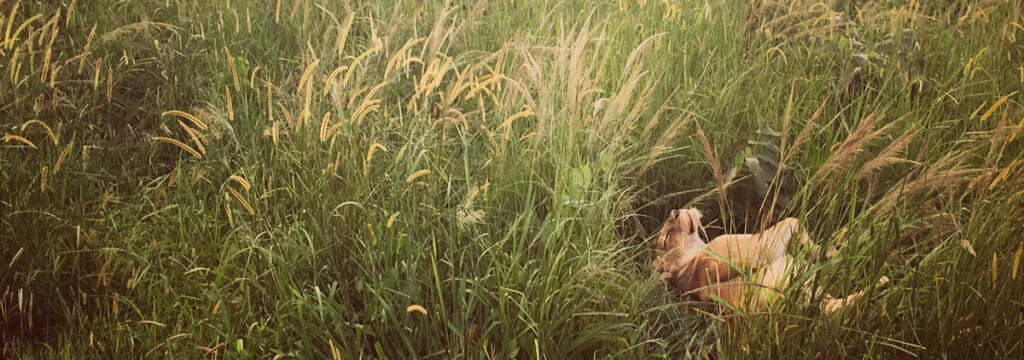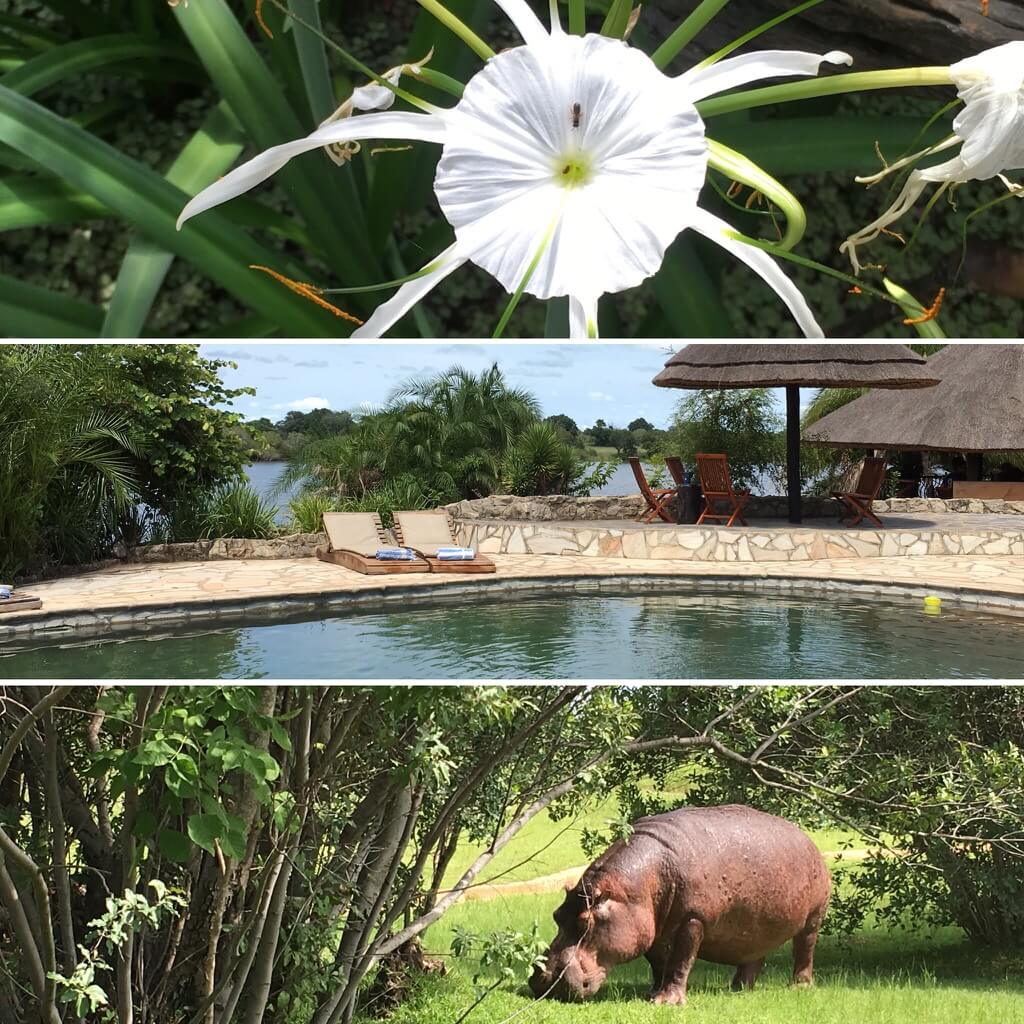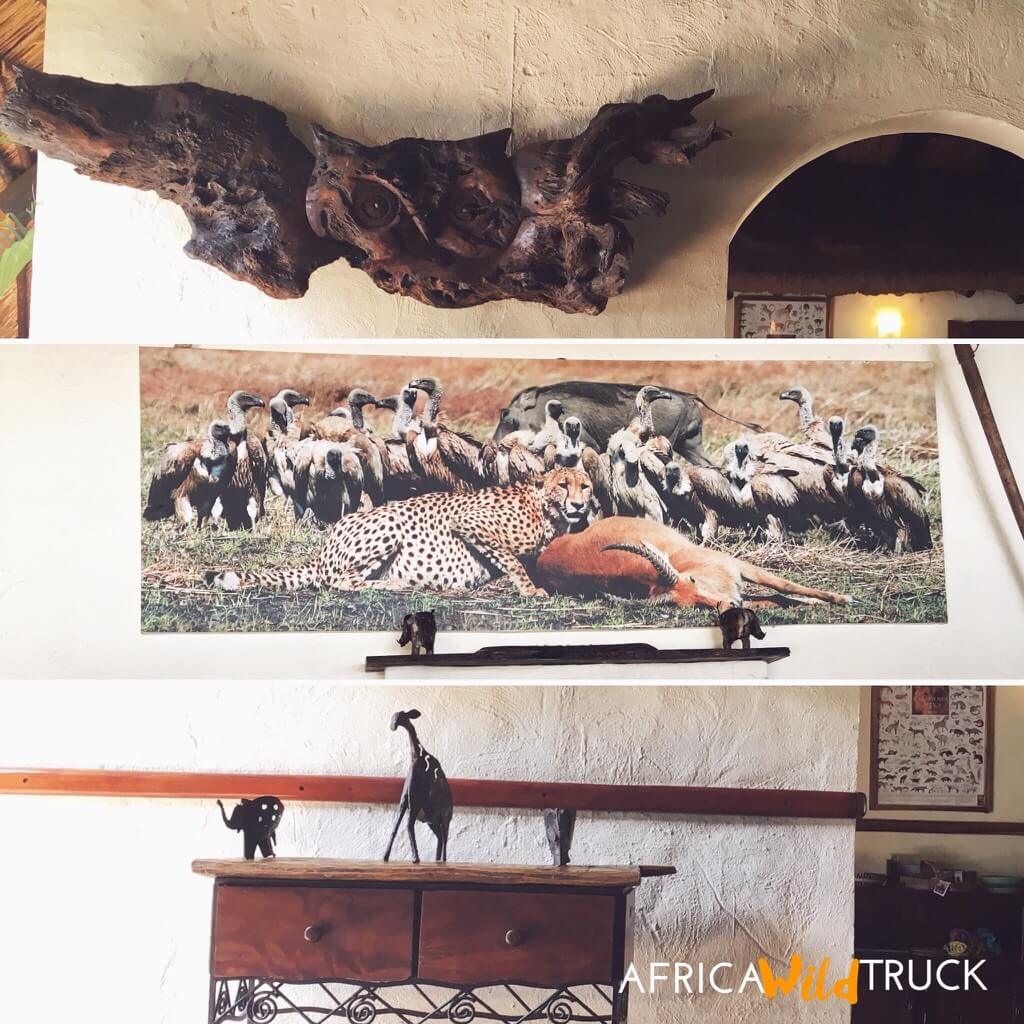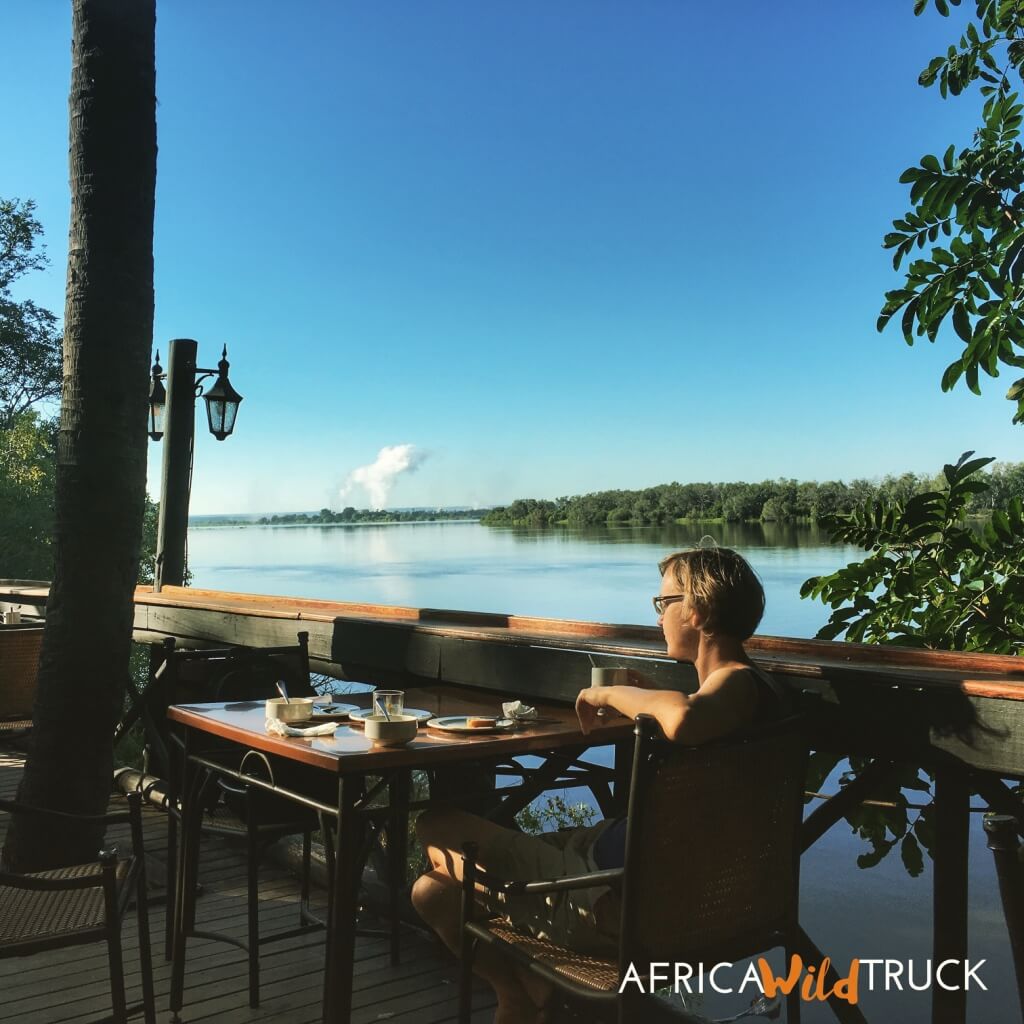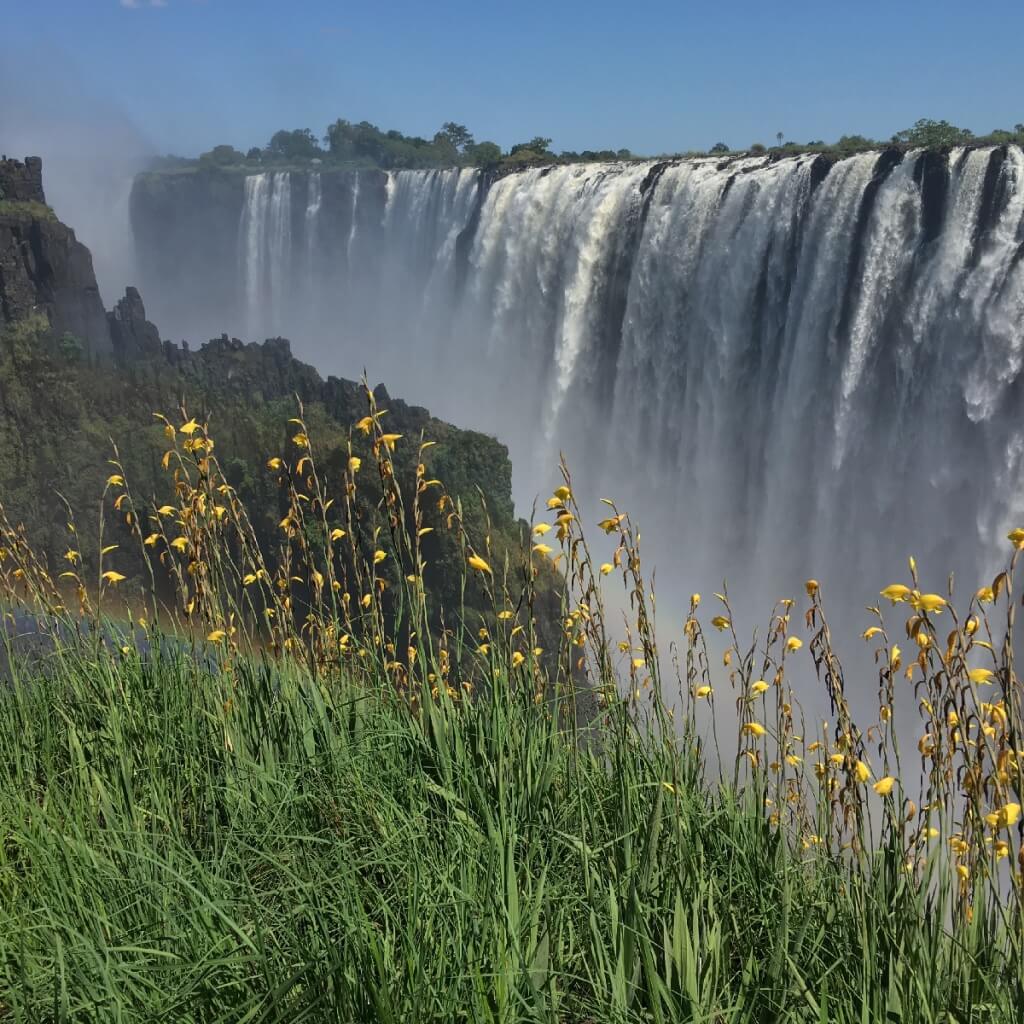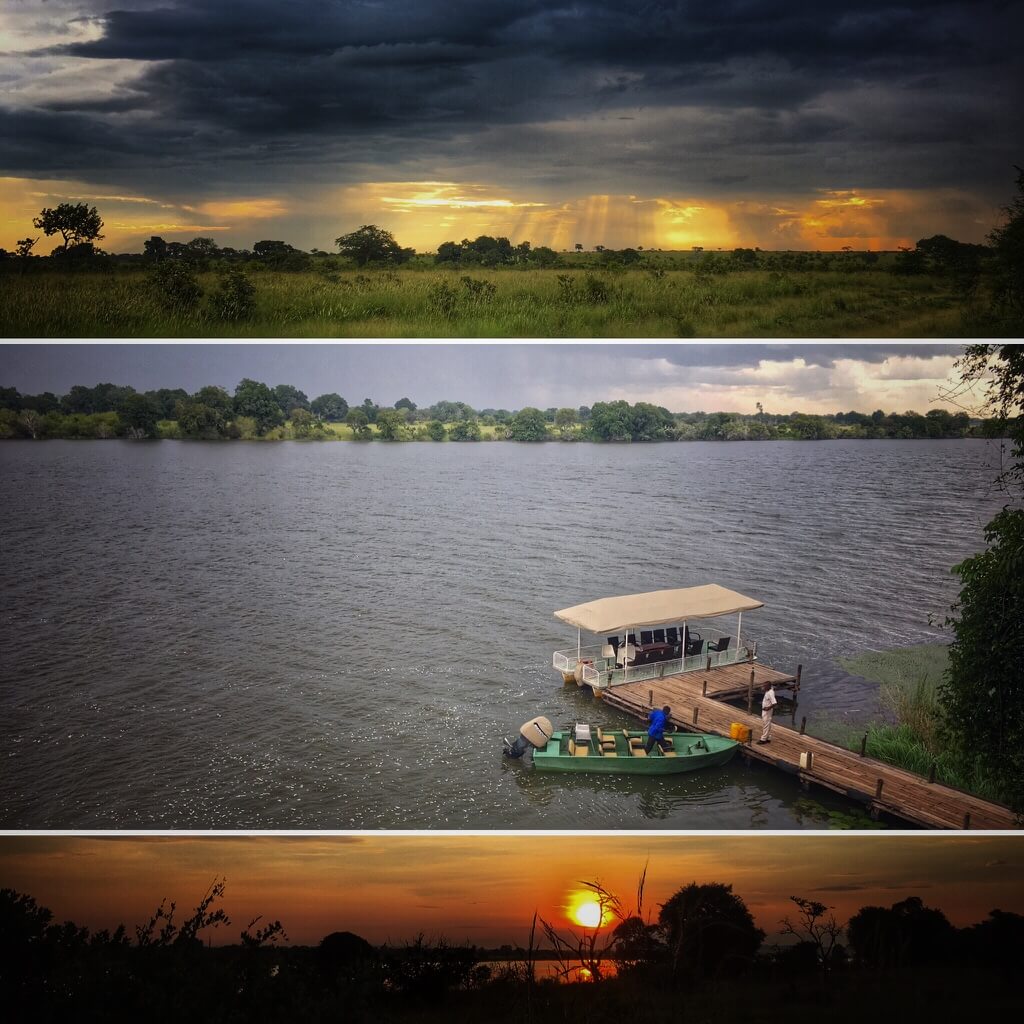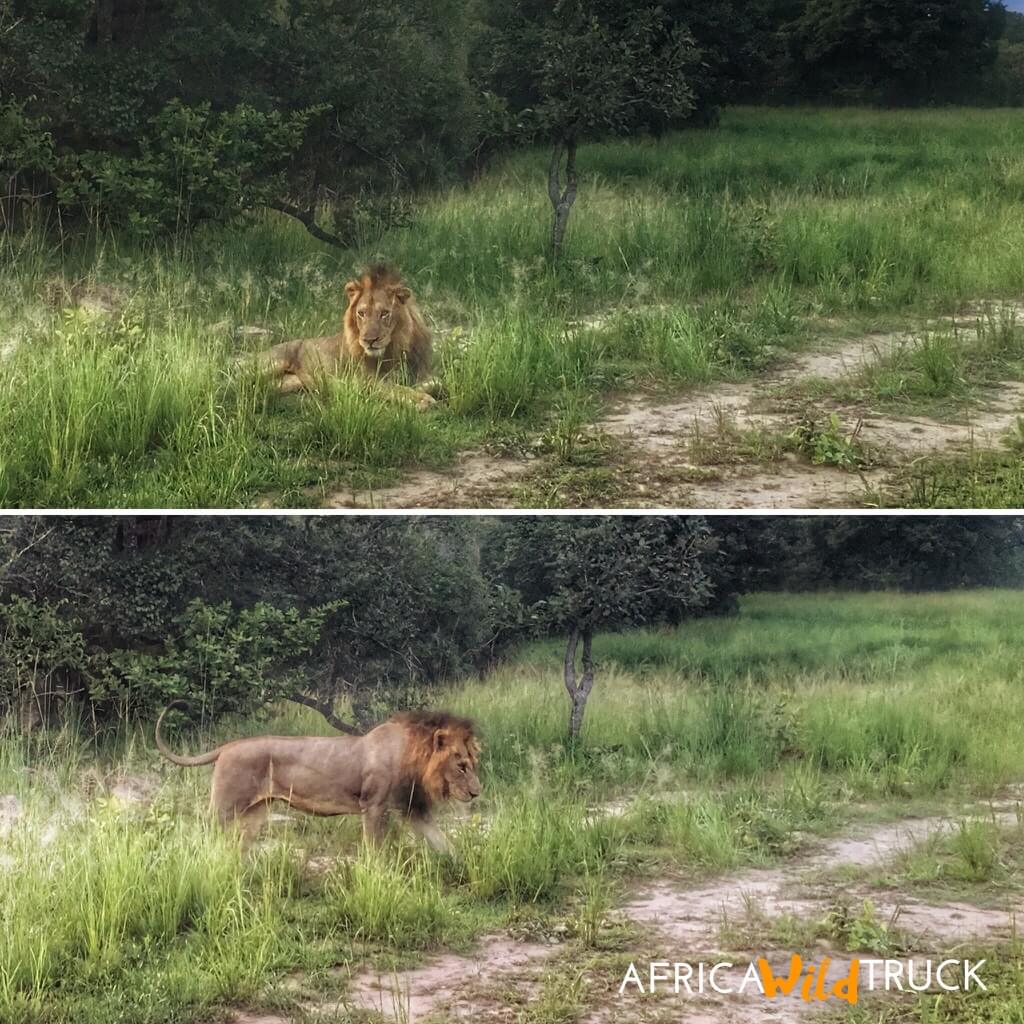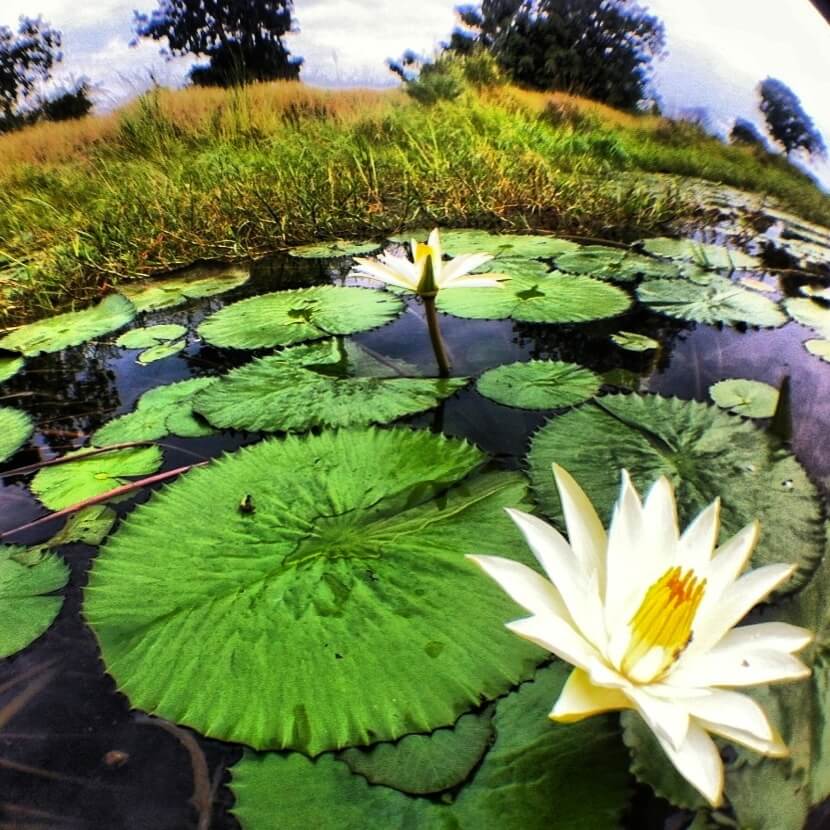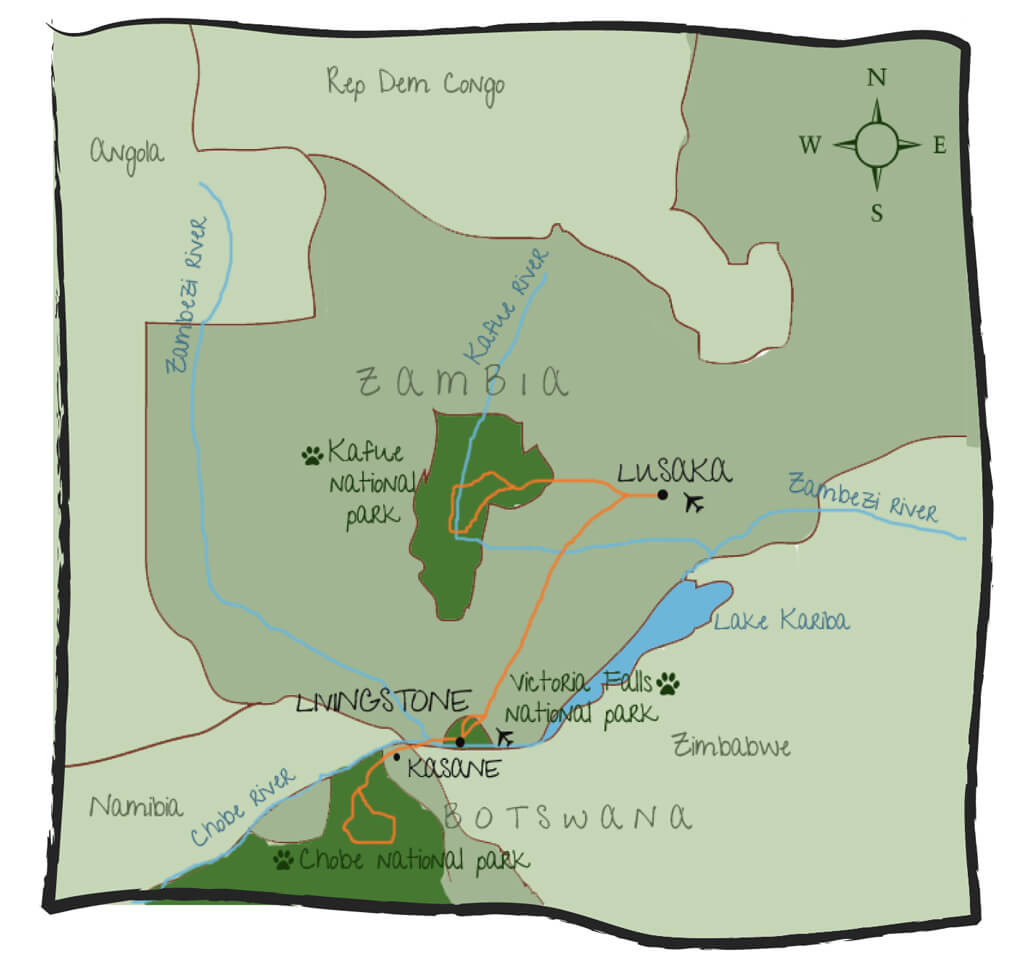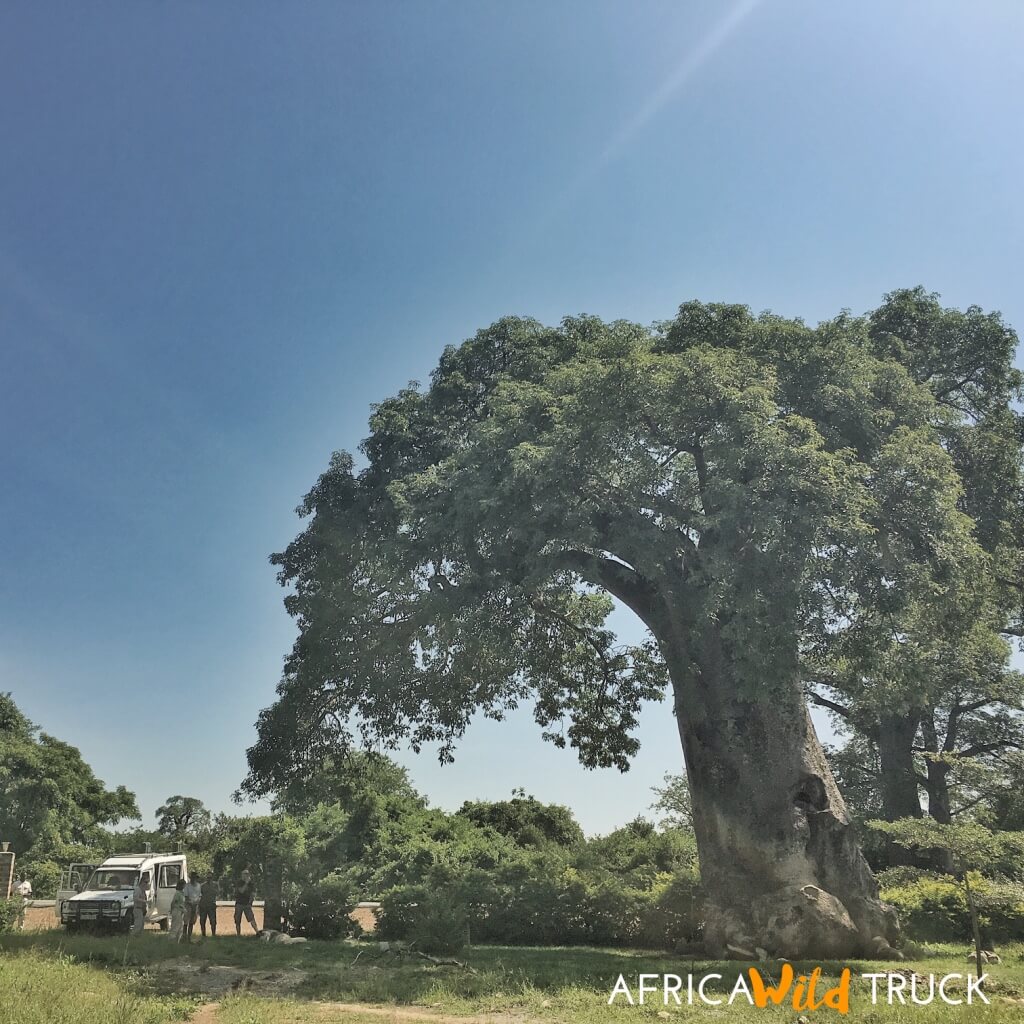Expedition 120 – Zambia and Botswana into the wild
Zambia and Botswana. From Victoria Falls to the national parks of Chobe and Kafue. Into the wild.
WHAT WE WILL SEE
Into the wild. The northern Botswana, where the Chobe River meets the mighty Zambezi River. With more than 11,000 km2, the Chobe park is bordered from the river that has a concentration and diversity of wildlife that has no equal in the country. In the land of the legendary “walking safari”, the spectacular Victoria Falls and the wild Zambezi River, Zambia is known as one of the most welcoming countries in southern Africa. They call it “the real Africa” and has recently been awarded the title of the most stable country and peaceful Africa. We will enter the beginning of the green season in the pristine Kafue national park (see our Kafue Flickr gallery) where we will have the possibility to organize both the boat safari on the Kafue River and the magnificent off-road safaris, where increase the chances of spotting leopards, hyenas, but also serval and the rare wild cat. The Kafue is the second largest national park in Africa and chances to see a leopard during the night safari is very high. The rhythms of big cities like Lusaka or Livingstone, the first capital of Zambia. Finally, the Victoria Falls. The Victoria Falls have been included among the seven wonders of the planet; the largest mass of falling water in the world are here, between Zambia and Zimbabwe. The falls extend for two kilometers and are thrown from a height of over 100 meters. One of the strengths of nature events that most impressed us, protected by UNESCO as a World Heritage Site. Livingstone, the former colonial capital of Zambia, today lives on tourism and the various activities related to the visit to the waterfalls. For the more adventurous it is not difficult to arrange bungee jumping, rafting or helicopter rides over the falls!
DURATION
11 days. Possibility of extensions on the beautiful beaches of Lake Malawi, Indian Ocean in Tanzania or in the Okavango Delta in Botswana.
TRAVEL
Into the wild. A trip in a remote and wild nature. Inside Chobe national park, Botswana’s second largest park and renowned for its excellent wildlife throughout the year. In the park live the highest elephants concentration of the entire African Continent – estimate about 120,000 specimens. Chobe elephants are migratory and may cover up to 200 km in some seasons to migrate from one area to another area of the park. Choose is home to buffalo, zebras and high density of predators such as lions, leopards, spotted hyenas and cheetahs. The Chobe River is also renowned for being an amazing destination for bird lovers with over 450 species of birds found between October and March. “Zambia, the real Africa”, said the Ministry of Tourism defines Zambia; a phrase of a certainly effect but real: it synthesize the strength of this country, its wild nature and animals, its richest territory covered to 1/5 by national parks, its welcoming population and strongly proud of their traditions along with of good infrastructure … that outlines the “real Africa” for those who want to live the emotions of a trip away from the tourist circuits. Mosi o tunya is the smoke that thunders: so Kololo were described by the legendary Victoria Falls. The vapor column reaches 500 m in height and the front of the waterfall that divides Zambia from Zimbabwe is almost two kilometers long. Water falls from a height of over 100 meters: a unique show that has moved by its immensity. The falls are part of the Mosi O Tunya National Park in Zambia and Victoria Falls National Park in Zimbabwe, and is protected by UNESCO as a World Heritage Site. The Kafue National Park, one of the largest national parks in the world. It houses more than 55 species of mammals as well as 461 bird species and habitat ranges from forests of miombo the riverine forests, from swamps to open vast savannah of the Busanga Plains. The lush lawns are the goal of huge herds of antelope, kob; lions and elephants are among the most common inhabitants of the area. A boat safari on the Kafue River and a night jeep safari will give us the chance to spot hippos, elephants, crocodiles, as well as the leopard, which at night is, among the predators, one of the busiest. The great African cities like Lusaka, incredible rhythms and contrasts, the colonial architecture of Livingstone and the magical atmosphere as the sun prepares the evening show of the sunset. The wildlife wildest, the wonders of nature protected UNESCO, and a covered area for 1/5 of national parks. This is Zambia! There will be stops in the villages, in the markets where we often provide to buy excellent fruits! You can extend your trip on the beautiful beaches of Lake Malawi, on the Indian Ocean or in the Okavango Delta in Botswana.
STAFF
Staff is made by professional guides trained by Malawi Tourism sector. WHO WE ARE
MEANS OF TRANSPORT
All distances will be covered with one or more means Toyota or Land Rover or similar off-road 4 × 4. A further provision, in the case of nights camping: mattresses, refrigerator, food, field kitchen, 12/220 V. current to recharge the batteries, two-way VHF, GPS, notebook to download digital photos and movies, satellite phone (cost 5 euro / min), first aid kit and a good travel library, with our guides to travel with.
ACCOMMODATION
In the capital city of Lusaka, will spend two nights in a nice lodge, situated in a green area in the city, near the airport. Restaurant and swimming pool are present. The three nights at the Kafue National Park on the banks of the Kafue River, in a position of absolute beauty in amazing furnished lodge with restaurant and swimming pool on the river. The nights in the Chobe National Park are organized in camping, to experience the thrill of camping and to enjoy the natural location. In Livingstone, 3 nights in a nice lodge overlooking the Zambezi River, with restaurant and swimming pool.The rooms in the lodge / chalet / hotel, is intended, unless otherwise requested, in double or, in rare cases, triple; They could be replaced for technical-organizational problems without distorting the original plan. The facilities have been carefully chosen following an idea of land conservation and sustainability of travel, preferring positions in close contact with nature. For a list of the lodge / camping write to us!
THE PERIOD/SEASON
Temperatures depend largely on the season, from the latitudes and altitudes. On the right a table indicative of average temperatures in the different seasons. The hottest month is November, the coolest month is June / July. The dry season is from April / May to November. The wet season runs from December to March / April, during this time you can see the parks in their green splendor; some puppies of mammals are born in this period as well as many birds cross the mating season, changing plumage courting females. We recommend both seasons, both in fact have a special charm. Contact us for more information on the current season, they are not all the same each year!
ROADS
We will cover approx 2000 km, 300 of which are dirty road to move into the parks and the rest of good tar road.
A SAFARI GUIDE
The numerous game drives (English definition that describes the excursion in 4 × 4 organized for the sighting of animals), will take place in the daytime and at night with the jeep. It is not required to take special preparation except the desire to get up at dawn and patience required in search of animals. Note that Safari will be held during the coolest hours of the day (sunrise and sunset), when animals are easier to spot. Being self-driven, however, we may decide to stop on a scene for as long as possible, always following the rules of the park. The safaris are conducted in open jeeps equipped for the safari.
The boat safari on Kafue river or on Chobe or Zambezi river is an exciting experience in the warm heart of Africa. Here the boat safari is not to be missed. Besides us, there will be a further professional guide who will accompany us for the duration of the safari to better enjoy the close contact with nature. The experience is very interesting especially for close point of view that you can enjoy boating; observe animals during their daily activity on the banks of the river is really a privilege for photography enthusiasts!
Photographers during the safari will always be permitted to bring their own camera equipment. The guides will aim first of all to put the vehicle in the best position, where safety and security permits. Inside the park the jeep will NOT communicate by radio with each other, to avoid the crowd on an animal and thus preserve the peace. Then the vehicle must be in the right place at the right time to see what you want; we prefer that a sanctuary of nature as the Kafue/ Chobe preserve this spirit of adventure that so characterizes it. Remember we are into the wild!
Important information: in the parks or in the camps, will be made to sign a disclaimer of responsibility required to access given the nature of the place.

